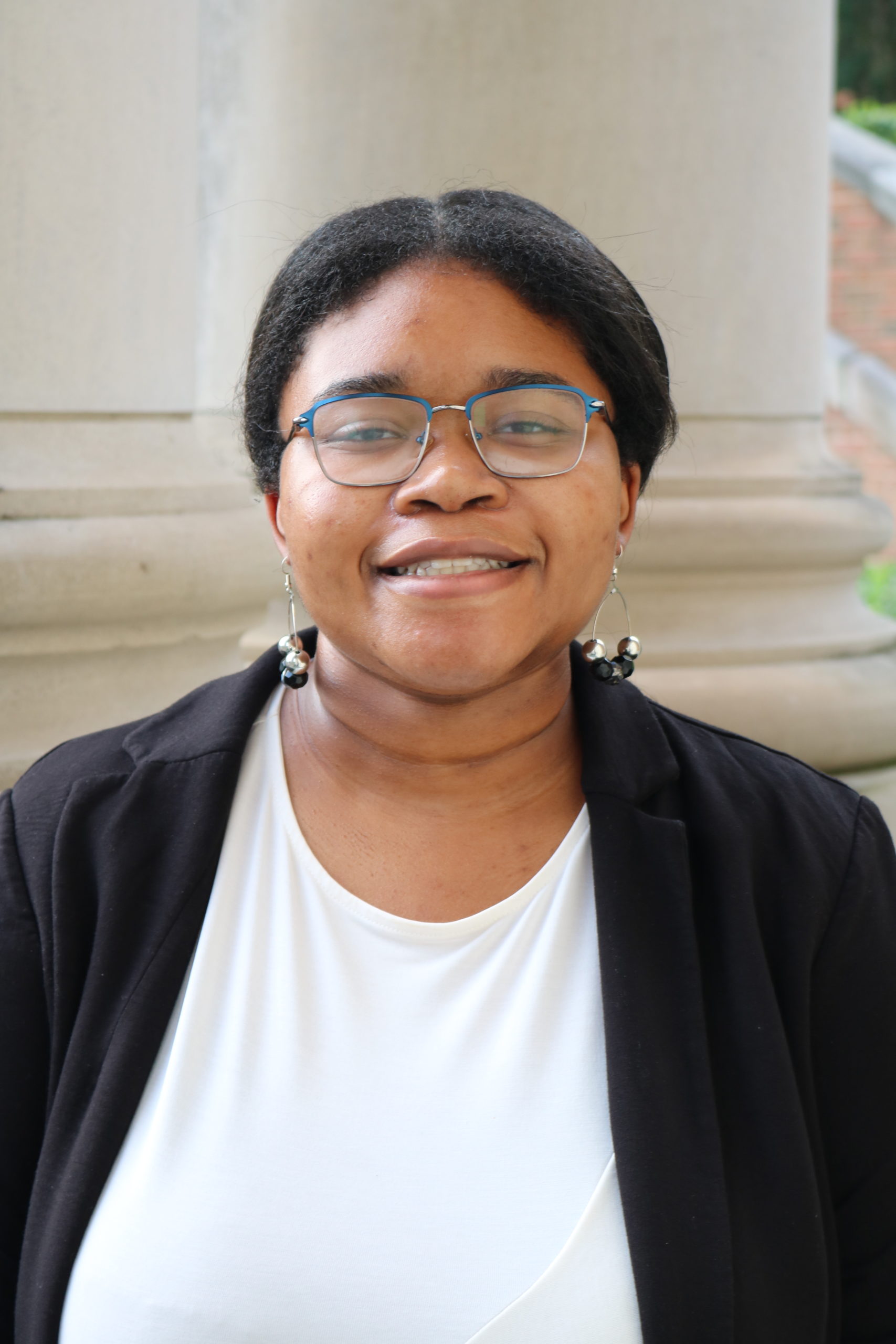Anti-Asian hate and racism have long been prevalent in the United States. According to the Immigration History website, the 1854 California Supreme Court case of People v. Hall ruled that Chinese immigrants were not allowed to testify against white American citizens in court.
Anti-Asian feelings and laws are part of the nation’s history. On Oct. 24, 1871, a mob of 500 Caucasian and Hispanic men attacked a Chinese community in California. Due to the mob attack, 17 Chinese men and boys were lynched. In 1882, Congress passed the Chinese Exclusion Act, which banned Chinese immigration. The law was later repealed in 1943.
Anti-Asian hate is still taking place today and has increased due to the COVID-19 pandemic, as reported by multiple media outlets.
On Feb. 16, Vichar Ratanapakdee, an 84-year-old immigrant from Thailand, was shoved to the ground in his San Francisco neighborhood. On March 11, 75-year-old Pak Ho was pushed to the ground and robbed in Oakland, California. On March 16, in a series of three shootings, six Asian women were murdered in the Atlanta area.
In light of these attacks, student organizations at Samford University, such as Black Student Union (BSU) and Multicultural Affairs Committee (MAC), offered their thoughts on anti-Asian hate and racism.
When asked about their reactions to the Atlanta shooting, most BSU representatives said they were not entirely surprised it happened.
“I was horrified but not shocked. This country has roots in hate and discrimination; events like this happen all too often,” BSU Board Member Aiya Finch said.
This event held a different meaning for the Multicultural Affairs Committee. MAC members Christa Chery and Josie Levy and freshman Assistant Director Jadyn Kilgore released a statement to the Crimson.
“It was heavy. This felt very close to home. Considering it happened in Atlanta, which several of our members are from, it was surprising that something so disgusting and racially motivated could happen in such a progressive city,” MAC members said in a statement.
Both organizations discussed the kind of advocacy that would take place in response to this event.
“We want Samford to be safe for all peoples, and we will continue to advocate for that,” BSU treasurer Darian White said.
However, members of MAC are encouraging student leaders to be allies and advocates for all minority groups.
“We are encouraging our student leaders to recognize the difficult moment our Asian American brothers and sisters are going through, and we are encouraging them to be allies and advocates themselves in efforts of protecting all minority groups,” MAC members said in a statement.
Lastly, both organizations offered several ways that the Samford community could combat against anti-Asian hate.
“Protest, raise awareness and educate others. Also, have real discussions about it with people on campus,” BSU President Justin Hayes said.
MAC also said that they would like the university to release an official statement to acknowledge the Asian American community’s pain.
“Speak up; an official statement is necessary to acknowledge the pain and emotions that Asian American students are having,” MAC members said in a statement. “This includes faculty and students acknowledging the pain and fear that Asian Americans are currently navigating. Showing that administrators, faculty, etc. care in their actions is important.”

Staff Writer





